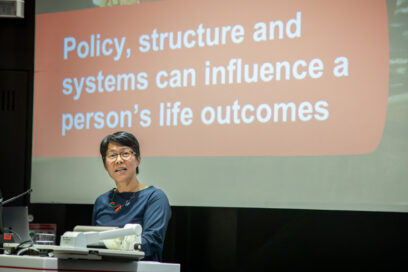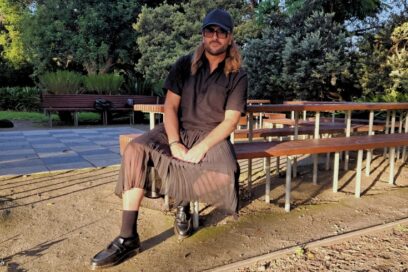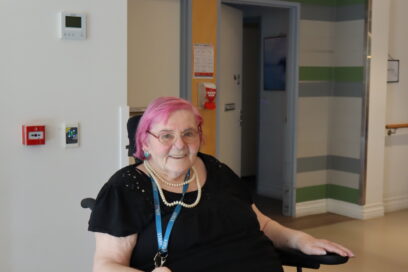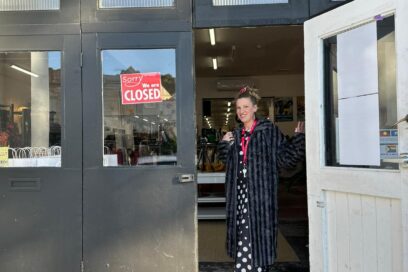Following many years of research, development and review, we rolled out our new Case Management Framework (CMF) and Outcomes Measurement.
The new CMF supports the delivery of the Mission’s Service Model, guiding how we undertake and evaluate our case management practice across the entire organisation. Most importantly the new CMF will enable us to improve the quality of our services, and measure the difference our services make to the lives of those who access them.
To understand the significance of this milestone is to recognise where and why we started this journey. Back in 2014 we conducted research on the relationship between trauma and homelessness, which revealed 97 per cent of people had experienced more than four traumatic events in their lifetime.*
Consistent and trauma-informed practice across the Mission
This prompted the organisation to consider how its client services could become trauma-informed through improved service design, delivery and worker practice. The trauma research, coupled with a need to integrate outcomes measurement into case management practice, led to the development of our Measurement and Evaluation Framework in 2015, which defines our measures of success and the process for gathering data to assess our progress.
In 2017, we engaged the pro-bono support of Accenture to develop a system that could capture, analyse and report on outcomes data at an individual, program and organisational level.
The new CMF was piloted in our J2SI program in 2016-17 and then rolled out across the Mission to all programs in January 2018. “The Service Model and refined Case Management Framework aims to promote consistent practice across all of our client services,” Strategy and Service Development Manager Annie Lynch explains.
Our five key client outcomes
“Client outcomes are measured in five areas: housing; health and wellbeing; independence; social participation; and economic participation.” The new framework allows clients to set goals in these areas and then reflect on changes in their lives since working with us,as well as what they still want to focus on in order to sustain their independence in the community.
Collecting evidence of the work we do and how we assist client outcomes provides vital information to the Mission to monitor and review the effectiveness of our programs and services.
“We will be able to look at programs where clients are achieving great outcomes and replicate their successes in other areas of the organisation,” Annie says. “Similarly, we will have the opportunity to examine what isn’t working and pinpoint how we can improve in this area.”
* O’Donnell, M., Varker, T., Cash, R., Armstrong, R., Di Censo, L., Zanatta, P., Murnane, A., Brophy, L., & Phelps, A. (2014). The Trauma and Homelessness Initiative. Report prepared by the Australian Centre for Posttraumatic Mental Health in collaboration with Sacred Heart Mission, Mind Australia, Inner South Community Health and VincentCare Victoria.












